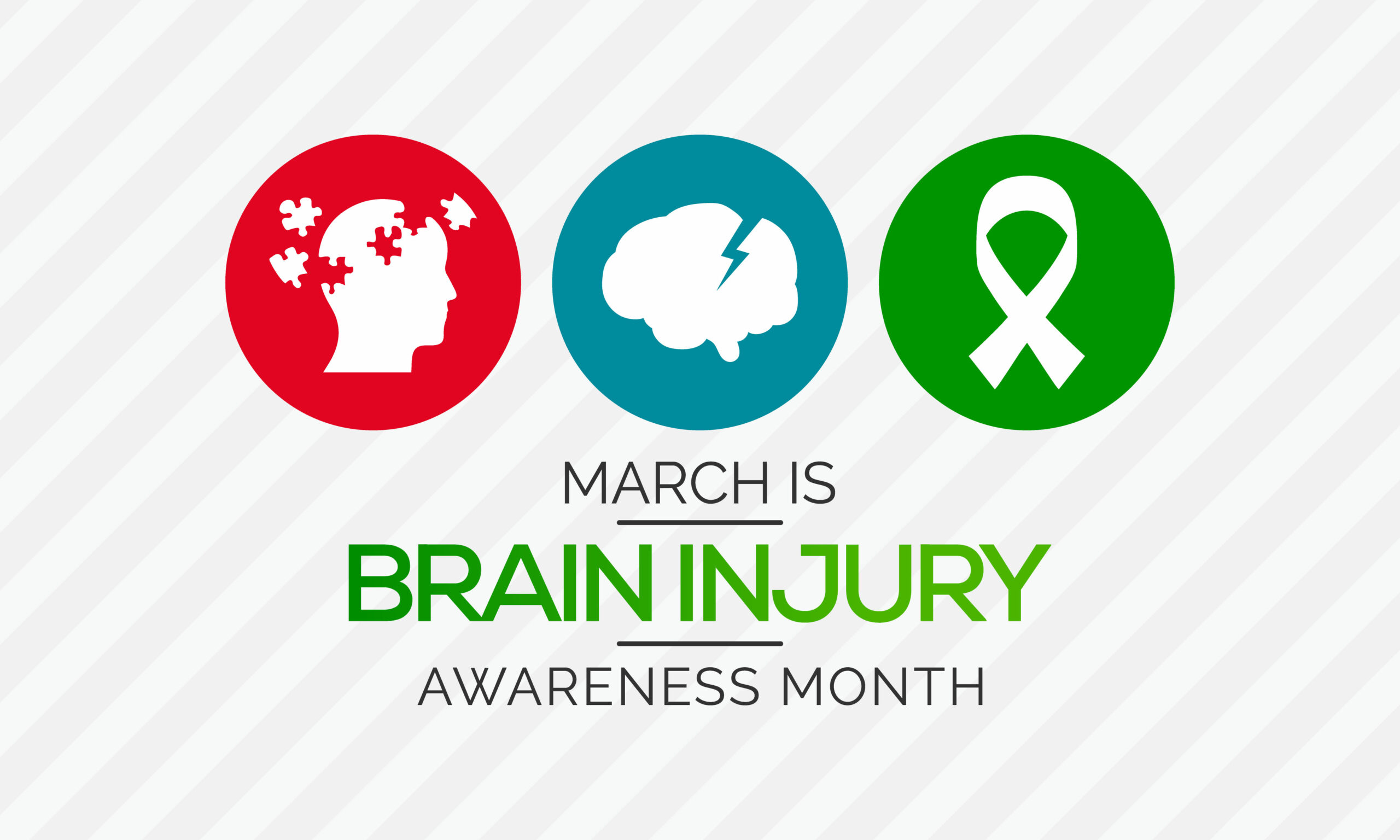
Woodhaven-Brownstown School District
Caring Counts: Insights from the WBSD Nursing Team

Jennifer Woodworth, BSN
woodwoj@wbsdweb.com
734-789-2371 ext. 1026
Buildings: Erving, Yake, WUE, WHS
Dayna Newsome, BSN
newsomd@wbsdweb.com
734-984-1609 ext. 1406
Buildings: Wegienka, Bates, Gudith, BMS
School Attendance Matters !
Missing a day here or there may not seem like a problem, but school absences add up quickly. Missing two days a month- excused or unexcused- can add up to a child being considered chronically absent. Regular attendance at school boosts a child's development and overall health. That is why the American Academy of Pediatrics (AAP) encourages families to reduce unnecessary absences and prioritize getting kids to school on time, every day.
10 Tips for getting to school on time, every day !
1. Set attendance goals and track progress on a calendar.
2. Help your child get a good night's sleep (most younger children need 10-12 hours per night and adolescents 13-18 years of age need 8-10 hours per night).
3. Prep the night before to streamline your morning (have the child lay out their clothes before going to bed, have backpacks and lunches packed, develop back up plans for getting to school in case something comes up).
4. Schedule extended trips during school breaks.
5. Stay up to date on routine well child and dental visits. Regular connections with your pediatrician and dental provider helps catch any health issues early.
6. Look for school activities that match your child's interest. (special activities like this can help kids connect with school and keep them motivated to attend).
7. Do not keep your child home unless they are truly sick. Reasons to keep your child home from school include:
Fever of 100.4 or greater,, continuous or severe productive cough, red eyes with drainage, vomiting, diarrhea or any known infectious disease, unidentified rash or skin irritation.
8. If your child has a chronic health issue such as allergies, asthma or seizures, work with your pediatrician and school nurse to develop a school action plan.
9. Talk with your child about the reasons why they do not want to go to school (school related anxiety can lead to school avoidance). If you are concerned about your child's mental health, talk with your pediatrician, your child's teacher or the school counselor.
10. Follow the rules. (know your school's requirements for when your child will be absent or late).
March is Brain Injury Awareness Month

A concussion is a type of traumatic brain injury (TBI) caused by a bump, blow or jolt to the head or by a hit to the body that causes the head and brain to move rapidly back and forth. This sudden movement can cause changes in the brain that lead to symptoms that may affect how a child thinks, learns, feels, acts and sleeps.
Concussion signs/symptoms:
* severe headaches
* persistent nausea or vomiting
* confusion or memory problems
* dizziness
* blurred vision
* seizures
* difficulty staying awake
Concussion symptoms are different for each person, and change during recovery. They are most severe right after the injury (usually 1-2 days after the injury) and differ depending on the age of your child. Keep in mind that concussion signs and symptoms may not show up right away. Spotting a possible concussion may be harder in young children and children who are unable to communicate or express how they feel. If you notice worsening symptoms, contact your healthcare provider
"Take care of your body, it's the only place you have to live." - Jim Rohn